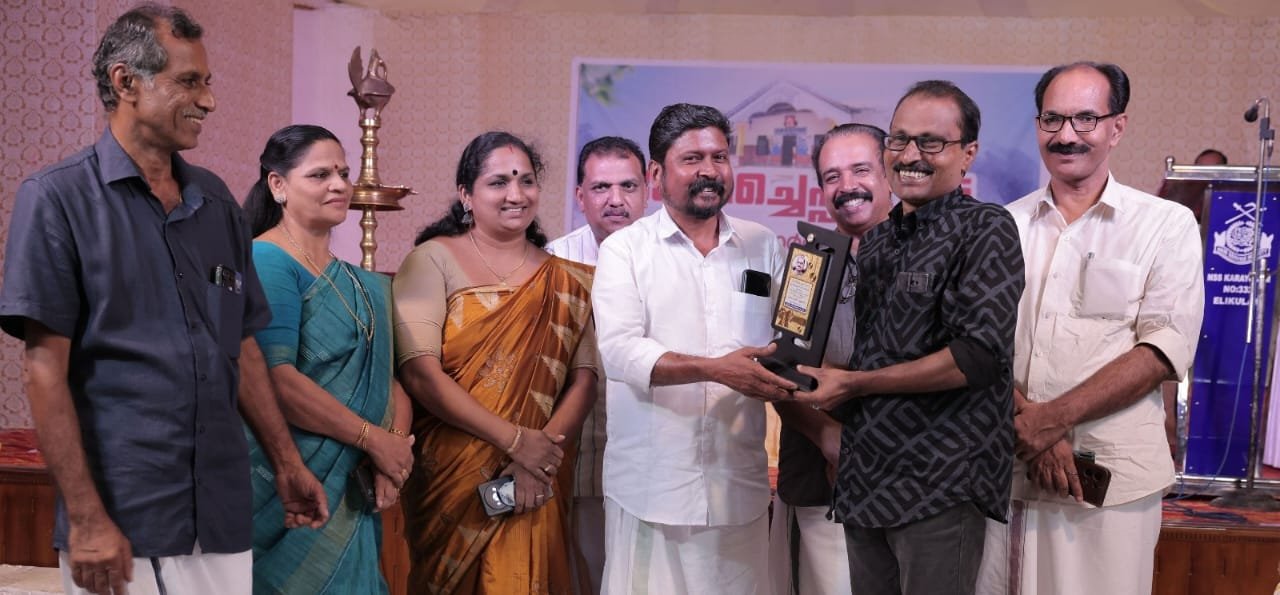Academics from 70 low- and middle-income nations, including those in Africa, Asia, and the Middle East, will be able to publish their primary research in Nature’s Gold Open Access journal for no charge, making it permanently and completely free for anybody to read online.
The move has been hailed by academics in the regions that stand to gain from it, but some have also expressed concern about the longer-term effects on the growth of the publishing businesses in low- and middle-income nations and on diversity in the industry.
Springer A dedicated fund has been made available, according to a statement from Nature, to help writers from 70 countries with lower-middle- or low-income status publish their research in open access in Nature and journals using the Nature brand.
Only 36 of Nature’s extremely selective transformative publications, including Nature Sustainability, Nature Chemistry, and Nature Astronomy, will be supported, and only for a minority of contributors.
In comparison to publications obtained through the subscription route, research published open access has been shown to receive four times as many downloads, 1.6 times as many citations, and an increased impact. Gold Open Access provides immediate access to the final published research, which over 80% of researchers view as the most credible.
Local financing for publishing open access in specialized journals like Nature, whose strict and low acceptance rates make it difficult for writers to get published, is infrequently available in many low- and medium-income countries.
African ecologists studied 40 journals with the highest field-specific impact factors in 2021 and discovered that the standard article processing charge was US$3,150.
The analysis found that 75% of these journals did not provide exceptions for scientists from low-income countries and that the process for requesting a waiver was convoluted, opaque, and frequently appeared to be based on special pleading.









